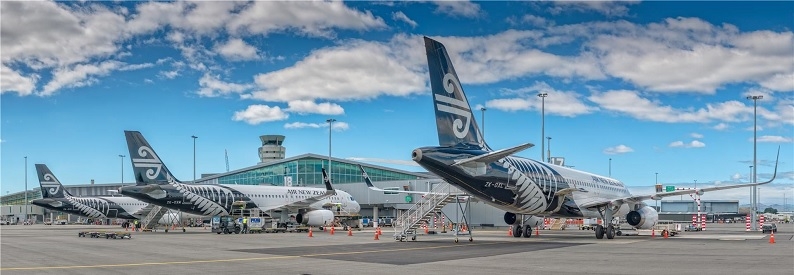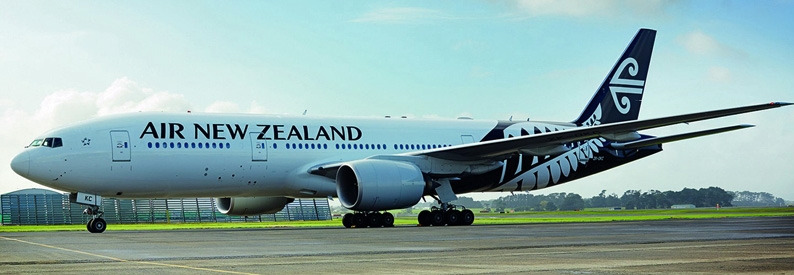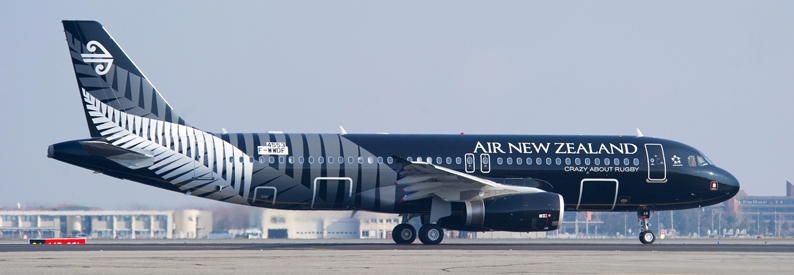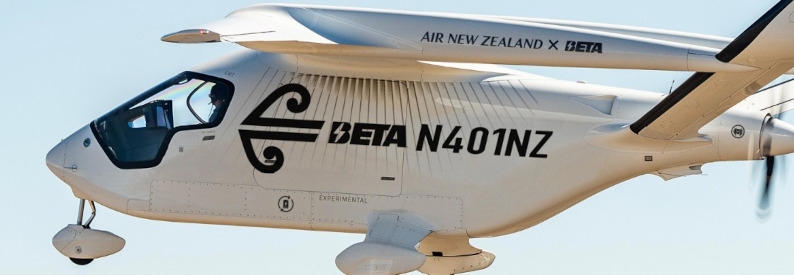The CEO of Air New Zealand (NZ, Auckland International) says Pratt & Whitney engine issues will likely impact the airline for the next two years and may see up to four aircraft grounded at any one time. The airline is considering additional leasing options but will suspend services on two international routes to ensure Air New Zealand can service the remainder of their schedules.
"Air New Zealand now has a clearer understanding of the Pratt & Whitney engine maintenance schedules," a November 7, 2023, Australian Stock Exchange filing by the airline reads. Air New Zealand's fleet of 108 aircraft includes six A320-200Ns and eleven A321-200NX, with the most recent, ZK-OYD (msn 11521), only ferrying into New Zealand earlier this month.
CEO Greg Foran said the Pratt & Whitney servicing schedule will have a significant impact on the carrier for up to two years. Due to engine availability, the airline may pull four aircraft out-of-service at any one point. Other supply chain issues Air New Zealand is experiencing is compounding the problem.
"Leasing additional aircraft is an option we are looking at closely," said Foran. "Our latest leased B767-300ER is about to enter service and we are considering other leased options."
Foran said Air New Zealand will suspend flights to Seoul Incheon and Hobart International in April 2024. The Seoul flights will end on April 1, and the Hobart flights on April 5. "The pause of flying to Seoul is to allow more resiliency when the Trent 1000 engines that power our B787-9 fleet go for regular maintenance due to potential issues with the availability of spare engines from Rolls-Royce to cover the maintenance period. While both routes have performed well, we must ensure we can deliver a reliable service across the rest of our network and get customers on our most in-demand routes to where they need to be."
Foran says planned aircraft deliveries, including two ATR72-600s in late 2024/early 2025, three more A321-200NX between now and 2025, and eight B787-9s between 2024 and 2027 are adhering to their expected delivery timelines and will help address the problem. However, shorter-term changes are required to manage an issue that "no-one expected just a few months ago."
- Type
- Base
- Aircraft
- Destinations
- Routes
- Daily Flights







